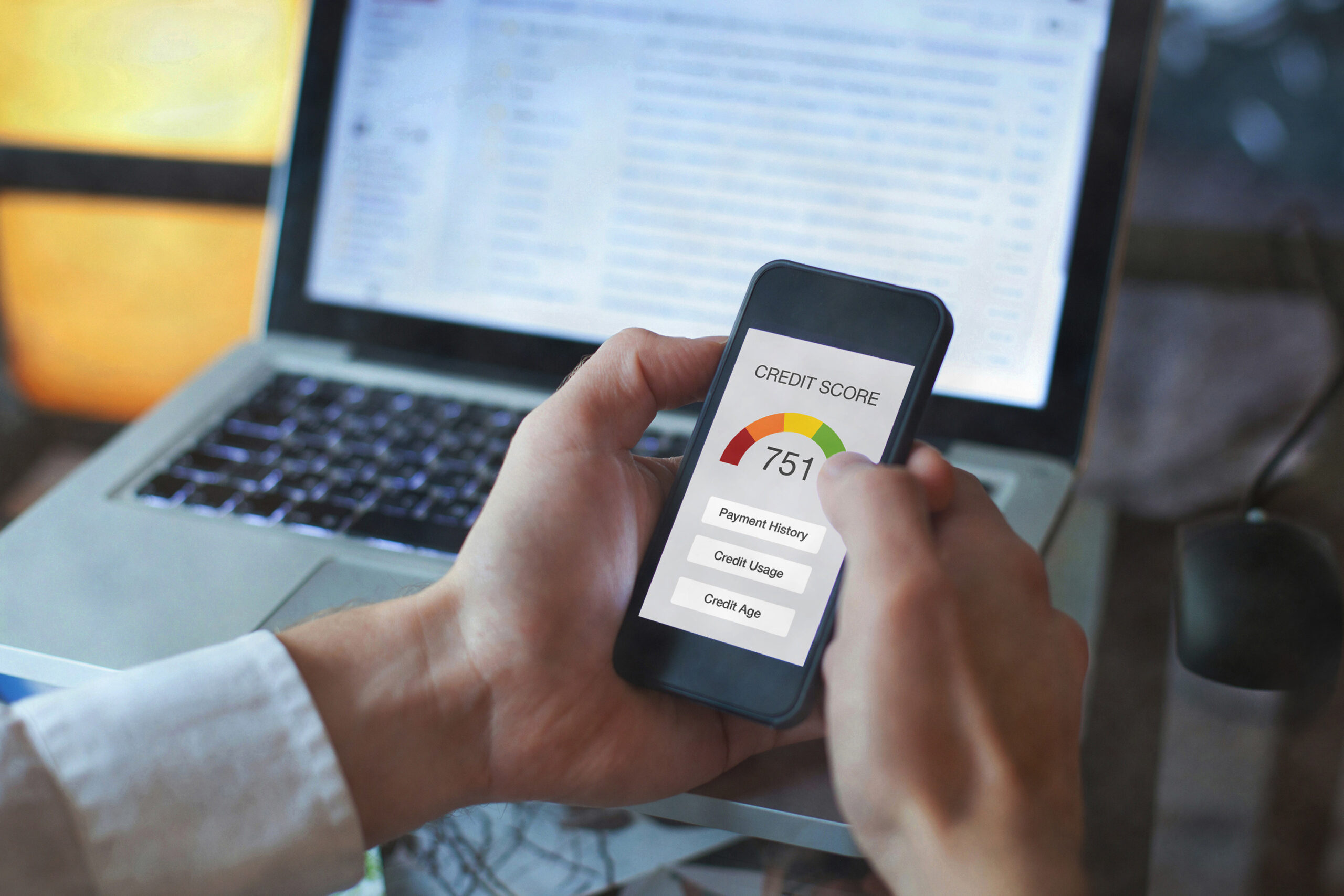You don’t need to pay a monthly fee to stay on top of your credit. In fact, some of the best credit monitoring tools out there are 100% free—and they can alert you to fraud, identity theft, and credit report changes before those issues spiral into serious financial problems. Staying informed doesn’t have to be complicated, and you don’t have to be perfect with money to benefit from credit monitoring.
If you’ve ever been surprised by a dropped credit score or caught off guard by an account you didn’t open, free credit monitoring is the safety net you’ve been missing.
Why Credit Monitoring Matters—Even If Your Score Is Fine
Your credit report is like a financial report card. It tracks your loans, credit cards, payment history, and even old accounts you’ve forgotten about. When something changes—like a new inquiry, a missed payment, or a new account—you want to know about it as soon as possible.
Unfortunately, identity theft and fraud are more common than ever. If someone opens a credit card in your name or runs up a loan without your knowledge, it might take weeks or months to discover—especially if you’re not checking your reports regularly. That’s where credit monitoring comes in. These services keep an eye on your credit profile and send you alerts if anything changes.
You don’t need to check your credit every day. But having a system that checks it for you is a smart way to stay ahead of problems—and protect the financial progress you’ve worked hard for.
What Free Credit Monitoring Tools Actually Do
Free credit monitoring services track activity on your credit report and notify you when something new pops up. That could include a new account, a hard inquiry (like when you apply for a loan), changes in your credit limits, or even a missed payment.
Some services monitor all three credit bureaus—Experian, Equifax, and TransUnion—while others focus on just one. Either way, you’ll get a heads-up if something unusual happens.
One of the most well-known services is Credit Karma, which provides free credit monitoring from TransUnion and Equifax. It also offers personalized tips to improve your credit, explains what’s helping or hurting your score, and even shows you how specific actions—like paying off debt or applying for a loan—might affect your score.
Experian also offers a free credit monitoring plan that includes real-time alerts, monthly credit reports, and access to their proprietary credit score. While their premium services offer more, the free version gives you basic but useful protection.
Another option is CreditWise, a tool from Capital One that’s available to everyone—not just Capital One customers. It monitors your TransUnion credit file and includes dark web surveillance to detect if your information is exposed in a data breach.
Can Free Services Really Compete with Paid Credit Monitoring?
Yes, for most people. Paid credit monitoring plans often bundle in extras like identity theft insurance or advanced fraud protection. These can be useful if you’re at high risk of fraud (for example, if you’ve already been a victim) or want all three bureaus monitored in real time. But for everyday users, free services are more than enough.
The most important features—alerts for changes to your credit report, new account notifications, and tools to help you track your score—are already built into the free plans offered by top services. If you’re looking for simple, proactive monitoring without spending a dime, you don’t need the upgraded version.
Plus, some of the free services offer features that paid competitors don’t, like personalized loan recommendations or a breakdown of how your score is calculated. And they’re constantly improving their tools to stay competitive in the market.
Setting Up Free Credit Monitoring Is Easier Than You Think
Signing up usually takes less than 10 minutes. You’ll need to provide some basic personal info—your name, address, date of birth, and the last four digits of your Social Security number. This is to verify your identity with the credit bureaus and make sure you’re only seeing your own data.
Once you’re in, you’ll be able to see your current credit score, the factors affecting it, and a summary of your credit report. You can then customize your alert settings and decide how you want to be notified—via email, push notification, or both.
Some apps even let you set “score goals” and track your progress over time. It’s a small feature, but it can be surprisingly motivating if you’re trying to repair your credit or reach a specific financial milestone.
What Credit Monitoring Doesn’t Do (And How to Fill the Gaps)
It’s important to know that credit monitoring isn’t the same as identity theft protection. These services won’t block fraud, freeze your credit, or automatically remove errors from your report. They also can’t prevent someone from applying for credit in your name—they just tell you after it happens.
That’s why it’s smart to take a few extra precautions. You can freeze your credit for free with each bureau to prevent new accounts from being opened. If you need to apply for credit later, you can temporarily lift the freeze.
You should also review your credit reports from all three bureaus at least once a year. You can get a free copy from each at AnnualCreditReport.com, which is the official site authorized by federal law. During the pandemic, the site began offering weekly access—which may continue for the foreseeable future.
And if you ever spot an error—like an account you didn’t open, a late payment you didn’t miss, or a balance that looks off—you can dispute it directly through the credit bureau’s website. Each bureau has an online dispute process that’s free and surprisingly easy to use.
Why Credit Monitoring Matters for Low-Income Households
You don’t need a perfect credit score to benefit from credit monitoring. In fact, if your credit is currently low, monitoring is even more important. It helps you track your progress, avoid new mistakes, and protect what you’re building.
If you’re working to repair your credit, rebuild after financial hardship, or avoid high-interest debt, knowing your score and what affects it gives you the power to take action. It’s also the best way to catch identity theft early—before it causes more damage or makes it harder to qualify for essentials like housing, utilities, or insurance.
Free monitoring tools give you a simple way to stay connected to your credit health, even if you’re not actively using credit every day. And if you’re working with a limited income, they help you make smarter choices with the credit you do have access to.
Final Thoughts: A Free Safety Net Worth Having
Credit monitoring isn’t about being obsessed with your score—it’s about staying informed. With free tools, there’s no reason not to keep an eye on your credit, especially when it can help you avoid fraud, spot mistakes, and build a stronger financial future.
If you’re not monitoring your credit already, now is the time to start. It’s free, fast, and one of the easiest ways to protect your money and your identity. And once you’re set up, you can move on knowing someone’s watching your back—without you having to lift a finger.
Sources
Credit Karma
Experian
CreditWise from Capital One
AnnualCreditReport.com
Consumer Financial Protection Bureau – Credit Monitoring




